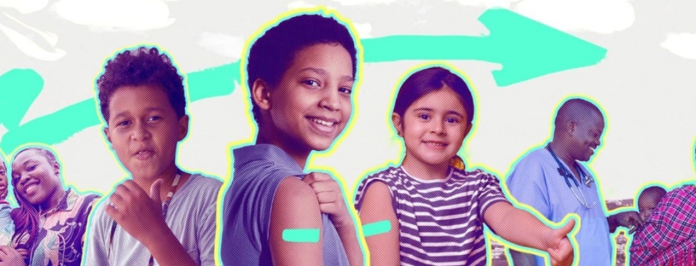The World Immunization Week 2023 has commenced. The World Health Organisation has designated April 24-30 as the World Immunization Week.
Under the theme of ‘The Big Catch-Up’, WHO is working with partners to accelerate rapid progress in countries to get back on track to ensure that more people, particularly children, are protected from preventable diseases.
“2023 is our global opportunity to catch up on lost progress in essential immunization,” WHO says.
World Immunization Week, which commences this week, will highlight the collective action needed to catch up with children missed during the pandemic, restore essential immunization and strengthen primary healthcare to deliver immunization.
According to WHO, World Immunization Week is a key moment during the year-long global push, the ‘Big Catch-Up’, to support countries to get back on track to ensure that every child is protected from preventable diseases.
The ultimate goal of World Immunization Week is for more children, adults – and their communities – to be protected from vaccine-preventable diseases, allowing them to live happier, healthier lives.
“In spite of enormous challenges, many countries have made great strides to catch-up children and adolescents.
“World Immunization Week will provide a platform for these stories as well as highlight what can be done to scale up vaccinations,” WHO says.
World Immunization Week, celebrated globally each year in April, highlights the importance of vaccines in offering protection to people of all ages against many diseases.
Last year, WHO noted that, “This year’s [2022] campaign comes at an especially critical time as the COVID-19 pandemic has disrupted essential health services, including routine immunization, setting back progress by more than a decade.”
Stressing the importance of immunization, WHO says, “Immunization currently prevents 3.5-5 million deaths every year from diseases like diphtheria, tetanus, pertussis, influenza and measles.
“Immunization is a key component of primary health care and an indisputable human right. It’s also one of the best health investments money can buy.”


